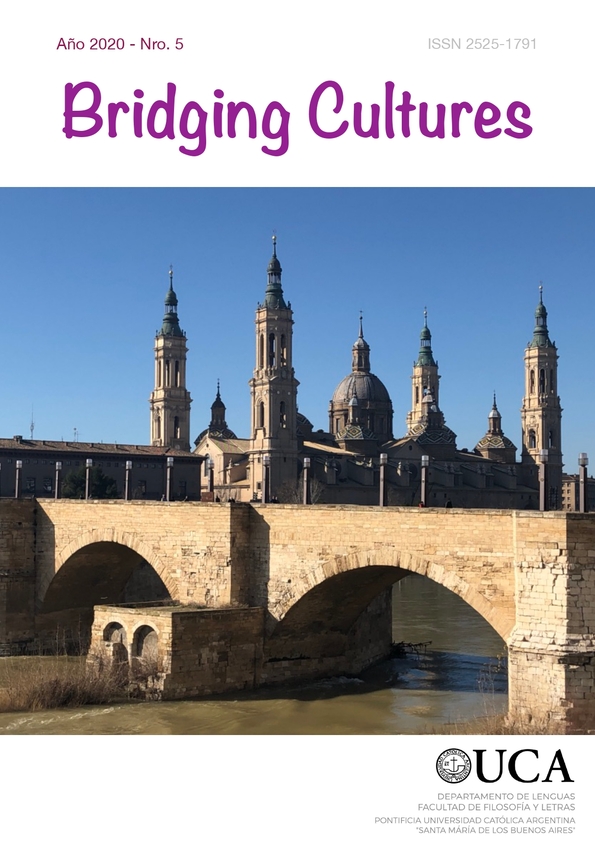A Crosslinguistic Analysis of English ‘Converbs’ in Contrast with Prepositional Infinitives in Spanish to Contribute with the Art of Translation
Keywords:
Translation, Converb, Prepositional Infinitives, Grammar, English LanguageAbstract
The notion of converbs has been studied cross-linguistically since the concept was first introduced by Haspelmath (1995) to refer to the use of a variety non-finite clauses with adverbial meaning. Despite the large number of correspondences that have been observed in different languages within the scope of adverbial non-finite phrases, the adverbial infinitive in Spanish does not fit into this categorial classification, probably due to its strong nominal reference. Likewise, in terms of a possible translation into English there seems to be a deep correlation of the adverbial infinitive in Spanish with the gerundial phrase in English, which is also interpreted as the most nominal of all English non-finites. Nevertheless, it is their shared nominal feature that allows them to appear as complements of a preposition which typically introduces them within an adverbial construction. Therefore, we believe it is worth asking: is it plausible to include English gerunds or Spanish infinitives within the category of converbs? This controversy has led to a discussion which aims at bringing light to the contrastive analysis of adverbial constructions known as converbs in these two languages. In turn, we expect that this comparison will contribute with the harsh task of translating non-finite phrases.Downloads
Download data is not yet available.
Downloads
Published
2020-12-11
How to Cite
Álvarez, M. L. (2020). A Crosslinguistic Analysis of English ‘Converbs’ in Contrast with Prepositional Infinitives in Spanish to Contribute with the Art of Translation. Bridging Cultures, (5), 6–20. Retrieved from https://e-revistas.uca.edu.ar/index.php/BRID/article/view/3279
Issue
Section
Artículos
License







 Bridging Cultures
Bridging Cultures